

 This year’s Super Bowl was one to remember, not because of what happened on the field but rather in the commercials. This year for the first time in the history of the Super Bowl the NFL took a firm stance against domestic violence by airing a 60 second PSA on the issue during the Super Bowl. Domestic violence advocates have for decades been trying to link the Super Bowl to the physical assault of women. Advocates say that Super Bowl Sunday is one of the most dangerous days of the year for women and claim that there is a correlation between the outcome of a televised football game and rates at which women are admitted to the emergency room after the game.
This year’s Super Bowl was one to remember, not because of what happened on the field but rather in the commercials. This year for the first time in the history of the Super Bowl the NFL took a firm stance against domestic violence by airing a 60 second PSA on the issue during the Super Bowl. Domestic violence advocates have for decades been trying to link the Super Bowl to the physical assault of women. Advocates say that Super Bowl Sunday is one of the most dangerous days of the year for women and claim that there is a correlation between the outcome of a televised football game and rates at which women are admitted to the emergency room after the game.
However this statistic has long been disproven. If this is the case then why did the NFL air this PSA? This PSA is a direct response from the NFL to the Ray Rice incident in early 2014. But why Ray Rice? Despite there being domestic violence cases in the NFL both before and after the Ray Rice incident no case in recent history has gotten the amount of attention that the Ray Rice case has. This is because Ray Rice was caught in the act assaulting his wife by an elevator camera in the casino which he and his wife were visiting. The release of the elevator footage by TMZ sparked national outcry and put the NFL under a microscope when it came to issues of domestic violence involving their players.
In the aftermath of the Ray Rice case the NFL made it so that any player charged domestic violence would receive a six-game suspension without pay upon their first offense and be immediately banished from the league upon their second offense. While the NFL’s new position on domestic violence is admirable it is also reactionary. These changes were made as clear reactions to the mishandling of the Ray Rice case by the NFL in an effort to preserve their image.
Nonetheless they did take a firm stance on the issue, which is more than they have done for other social issues related to the game of football. One major issue which has yet to be publicly address by the NFL is the rise in sex trafficking activity correlated with the Super Bowl. Sex trafficking advocates say that Super Bowl weekend represents the peak in sex trafficking activity in the U.S. Data from previous Super Bowls has shown that prostitution activity has doubled and in some cases even tripled during the Super Bowl weekend.
This year was no exception, approximately 570 “johns” and 23 sex traffickers were arrested in part of a two week sex trafficking sting operation which culminated on Super Bowl Sunday. The operation also lead to the rescue of 54 adult and 17 juvenile sex trafficking victims. While there are those who deny the connection between the Super Bowl and sex trafficking the facts of Super Bowl weekend are undeniable. With nearly 600 “johns” arrested and 71 individuals rescued it is hard to deny that there is some connection between sex trafficking and the Super Bowl.
The NFL was also touched by prostitution scandal over the Super Bowl weekend. NFL sports analyst and hall of famer Warren Sapp was also arrested over the Super Bowl weekend on one count of soliciting a prostitute and two counts of assault against a woman. Though the NFL has fired Sapp for his involvement in the solicitation and assault of prostitutes they fail to address the issue which may have brought the prostitutes there in the first place. Even when they did take measures to reduce the occurrence of sex trafficking during the Super Bowl the NFL only mentions their efforts briefly in the FAQ section of the Arizona NFL Super Bowl page. Outside of the sting operation Arizona State has recently passed a series of laws meant to address issues related to sex trafficking including laws which increase maximum sentences for sex traffickers and give victims of sex trafficking more protection from prosecution on prostitution charges. The Department of Homeland Security has also partnered with the Arizona Human Trafficking Council in order to create measures to identify and report suspected sex trafficking.
Several local and national agencies have also joined in the fight to prevent sex trafficking over Super Bowl weekend. Airline Ambassadors, a national organization which trains flight attendants to recognize signs of individuals being trafficked on planes has begun training Arizona flight attendants on what types of behavior they should look out for in anticipation of the big game. Safe Action Project manager Kimberly Klein has also been working with Valley hotels and motels in order to train their staff to recognize and report signs of sex trafficking.
Although it is a huge issue, sex trafficking is only one of the issues which surrounds Super Bowl Sunday. Another issue which has been getting a lot of attention from feminist scholars and now increasingly the general public is the representation of women in advertising, specifically the limited portrayal of women as sex objects and the lack of diversity casting for these ads. Women have been misrepresented in ads as sexual objects for decades and Super Bowl ads have been no exception.
Web hosting and domain registrar site Godaddy.com has been one of the most notorious Super Bowl offenders with a long history of objectifying women in their Super Bowl ads. It came as a surprise to see them take a different route in advertising this year even after their original Super Bowl ad got pulled from the air. The Super Bowl ads this year seemed to be very tame in comparison to recent years. There was a greater focus on family, happiness and more kid friendly ads in general. The Super Bowl ad which sparked the most discussion this year was actually an ad by NationWide Insurance which brought many viewers to the verge of tears when they discovered the boy in the commercial had died because of a preventable accident.
Whether this was a conscious move by advertisers to change their selling tactics to reflect social change or a reaction to the Ray Rice incident and an unwillingness to attract negative Super Bowl press we will never know. The reality of advertising is the objectification of women in advertising is nothing new. Jean Killbourne has been documenting the objectification of women in advertising for decades through her documentary film series Killing Us Softly. In her film series she discusses how through advertisements women’s bodies have been reduced to parts and objects designated for the use of others. And that once someone becomes reduced in such a way it becomes easier to commit acts of violence against them because they are no longer people but things to be used and discarded at the whim of those doing the objectifying.
Unlike domestic violence or sex trafficking the objectification of women at the Super Bowl is a much harder problem to solve. A clear stance that denounces domestic violence and sex trafficking should be taken by the NFL because it is in agreement with general public that both those activities are morally wrong, the NFL and its affiliates only stand to gain popularity from taking firm stances on these issues. However the objectification of women is an issue which is pervasive and permeates our society at many levels. Women are objectified to sell everything from cars to fast food. To publicly denounce the objectification of women would mean denouncing the advertising industry as a whole. Which when considering the profit networks make from advertising dollars seems very unlikely.
So then what can be done to stop the objectification of women in advertising and by extension the Super Bowl? We need to educate individuals on how the systematic objectification of women makes it easier for us to inflict harm upon them, and we need to teach them how to identify the objectification of women in advertising. Only then will there be a shift in the ways in which consumers believe it is acceptable for them to be marketed to and thus changing the ways in which advertisers market.
Sources
Avila, Jim. “Super Bowl Is Largest Weekend in US Prostitution, Advocates Say” January 29, 2014
Bellare, kim. “Hundreds Of Johns Arrested In Sex-Trafficking Sting That Culminated On Super Bowl Sunday” The Huffington Post. February 3, 2015
Brand, Natalie. “Phoenix’s plan to fight sex trafficking ahead of Super Bowl” www.azfamily.com June 19, 2014
Crouch, Ian.“The N.F.L.’s New Domestic-Violence Rule”, The New Yorker, August 28, 2014
Endsextrafficking.gov.az. “Recent Laws”. http://endsextrafficking.az.gov. Accessed February 3, 2015
Goldberg, Eleanor. “Super Bowl Is Single Largest Human Trafficking Incident In U.S.: Attorney General” The Huffington Post. February 3, 2013
Kelly, Caitlin. “No More Excuses” The New Yorker, February 1, 2015
NFL.com, “Sapp fired from job at NFL Network following Phoenix arrest” ww.nfl.com February 2, 2015
Red, Christian. “Warren Sapp fired by NFL Network following arrest for soliciting prostitutes, assault” The Daily News, February 2, 2015
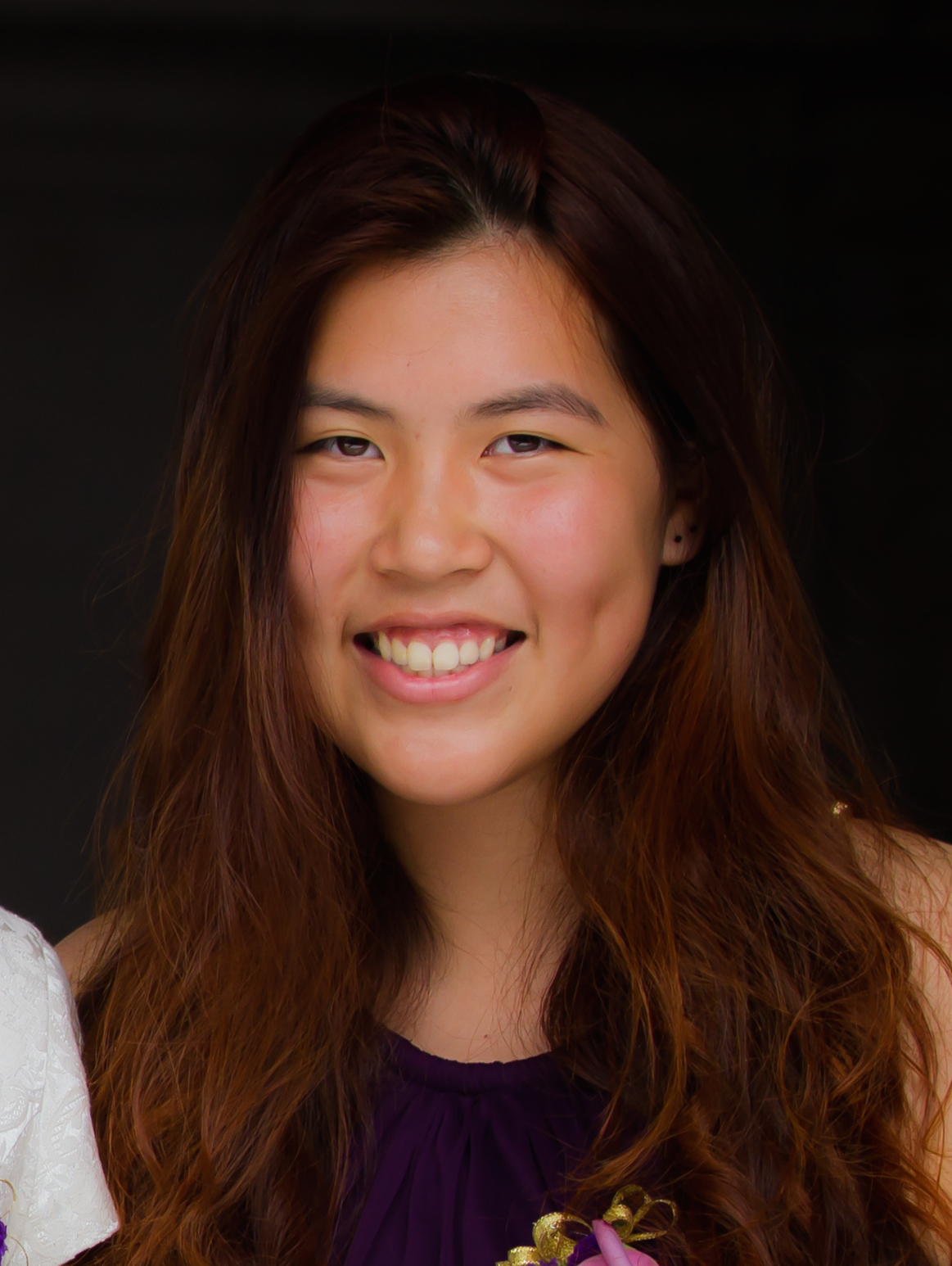
 Kathleen Huang is an undergraduate student at Georgetown University majoring in Government and minoring in Theology. She is from California and has a strong interest in women’s issues. Learn more about Kathleen here. As a undergraduate at Georgetown University majoring in Government and minoring in Theology, women’s issues and domestic violence haven’t been my focus. Since these issues are important to me, I have decided to gain knowledge through outside the classroom experiences in the form of internships and volunteering. What sparked my interest in domestic violence and dating violence was the increasing amount of negative publicity college campuses started to get after their poor handling of dating violence cases last year.
Kathleen Huang is an undergraduate student at Georgetown University majoring in Government and minoring in Theology. She is from California and has a strong interest in women’s issues. Learn more about Kathleen here. As a undergraduate at Georgetown University majoring in Government and minoring in Theology, women’s issues and domestic violence haven’t been my focus. Since these issues are important to me, I have decided to gain knowledge through outside the classroom experiences in the form of internships and volunteering. What sparked my interest in domestic violence and dating violence was the increasing amount of negative publicity college campuses started to get after their poor handling of dating violence cases last year.
 This year’s Super Bowl was one to remember, not because of what happened on the field but rather in the commercials. This year for the first time in the history of the Super Bowl the NFL took a firm stance against domestic violence by airing a 60 second PSA on the issue during the Super Bowl. Domestic violence advocates have for decades been trying to link the Super Bowl to the physical assault of women. Advocates say that Super Bowl Sunday is one of the most dangerous days of the year for women and claim that there is a correlation between the outcome of a televised football game and rates at which women are admitted to the emergency room after the game.
This year’s Super Bowl was one to remember, not because of what happened on the field but rather in the commercials. This year for the first time in the history of the Super Bowl the NFL took a firm stance against domestic violence by airing a 60 second PSA on the issue during the Super Bowl. Domestic violence advocates have for decades been trying to link the Super Bowl to the physical assault of women. Advocates say that Super Bowl Sunday is one of the most dangerous days of the year for women and claim that there is a correlation between the outcome of a televised football game and rates at which women are admitted to the emergency room after the game.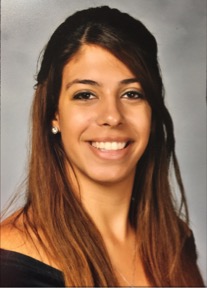

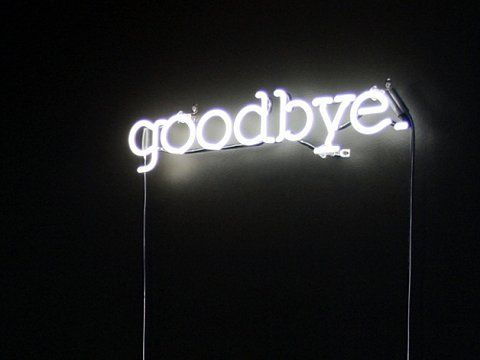

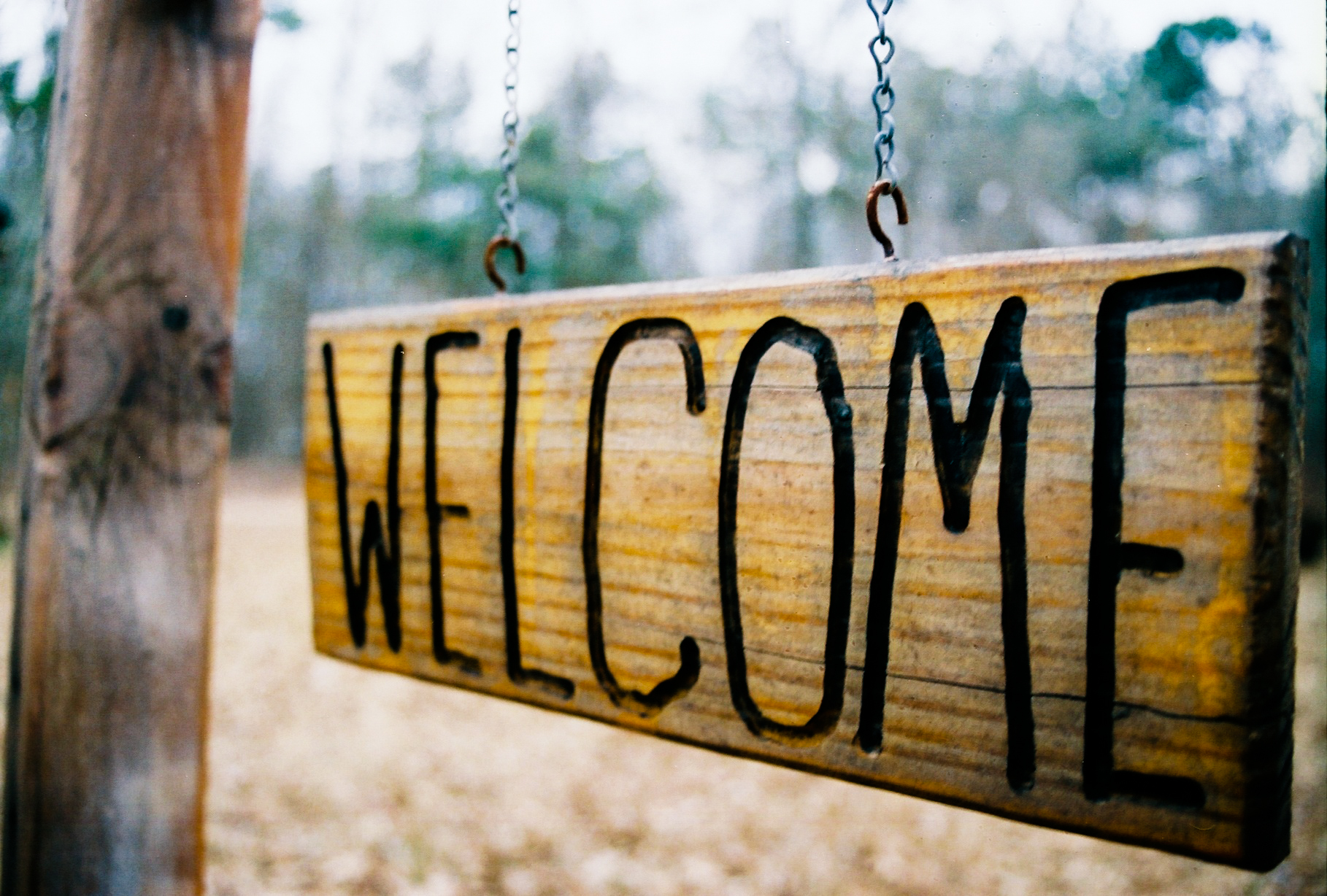

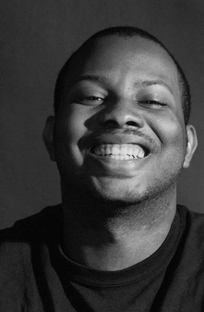
Recent Comments